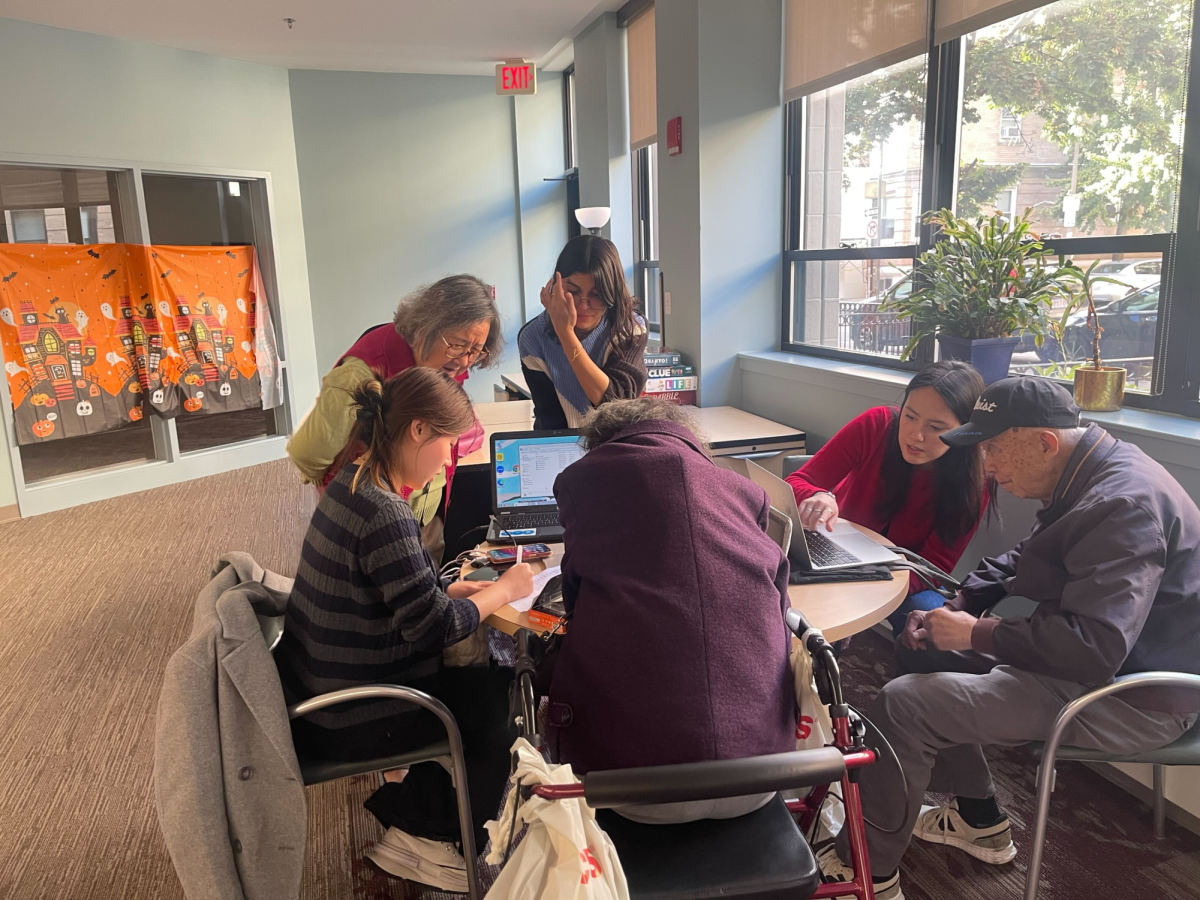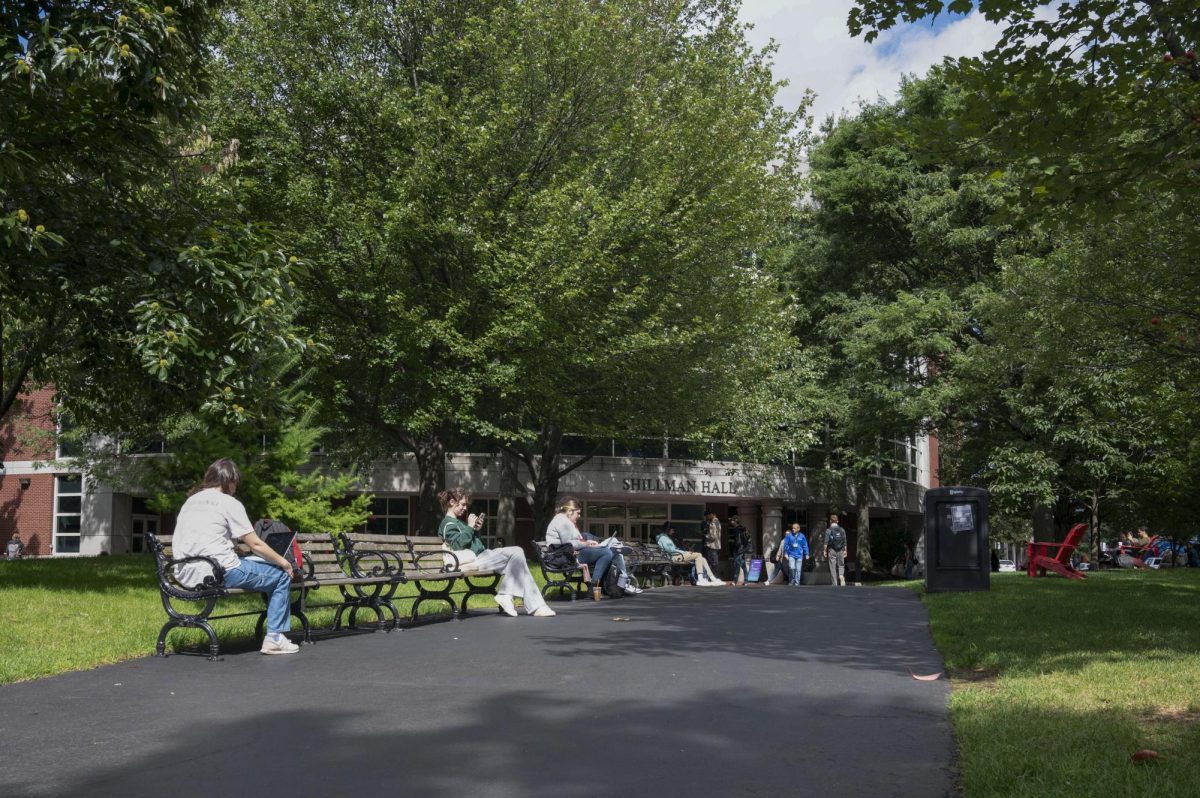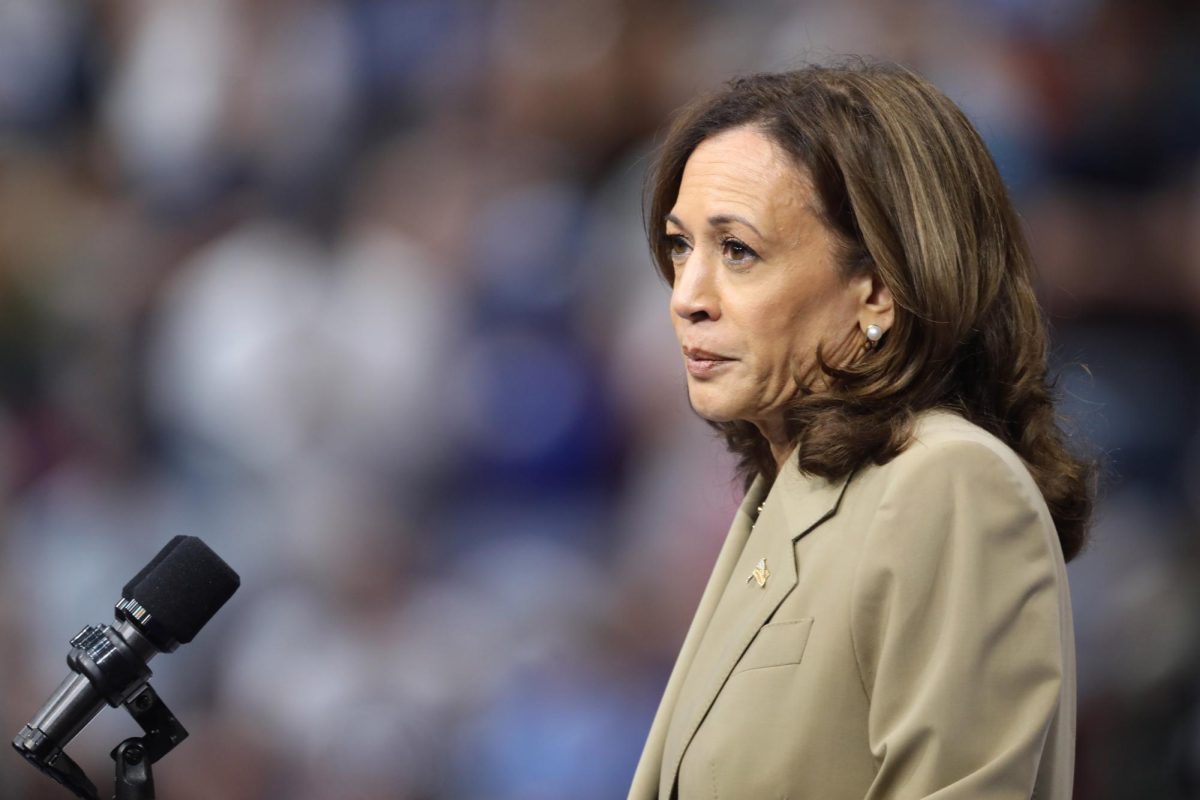The protests were sparked by Canadian culture-jamming organization Adbusters, who originally suggested an Arab Spring-style uprising against financial firms for causing the economic crash over the last few years. The torch was picked up by activists across the political spectrum, terming themselves “the 99 percent,” and the protests evolved into general discontentment with wealth inequality.
The Boston version of the protest is both much smaller and less controversial than the New York protest. NYPD as faced accusations of misconduct after an officer was captured on video pepper-spraying a woman directly in the face, and 700 were arrested for marching on the Brooklyn Bridge under allegations that police led protesters onto the bridge deliberately. The NYPD has denied wrongdoing in both instances, calling the pepper-spraying justified and stating that officers were reacting to the forward-moving crowd in backing toward the bridge.
The relationship between Boston protesters and police is much more amicable. Protesters have cooperated with police instruction, and police in turn temporarily blocked traffic at intersections Monday to allow a contingent of the group to march from Dewey Square to the State House unimpeded.
Indeed, the protests seem successful, an example of peaceful protest and civil disobedience raising awareness to an issue important to the participants. After a slow start in media coverage, the Wall Street and Boston protests have received significant coverage, as have, to a lesser extent, their copycat protests across the country.
The critical flaw that the Boston protest faces, however, is identical to that of its Big Apple counterpart; there is no goal, no objective, no message. The closest thing to a coherent idea shared by the group is anger at the highly wealthy. It is largely unclear about what the protest aims to achieve or would consider a “victory.”
The variety of targets — Wall Street at large, Bank of America, the Federal Reserve and even Fox News have been picketed over the course of the movement — leads to an unfocused, ineffective protest. Without clear leadership, ideals or goals, Occupy Boston threatens to turn into a dragged out sideshow, one that will accomplish little but garnering easily dismissed media coverage before gradually dissolving and fading into memory.
To be effective, Occupy Boston needs to focus. The sentiment of outrage at wealth inequality and the lack of prosecutions in the aftermath of the economic crisis is valid, but standing in a park in and of itself isn’t going to do a thing except ruin some perfectly good grass.
The great protests throughout history had purpose, drive and clear motivation. If the Occupy movement wishes to join them, they need to shape up and take a lesson from history.
– Michael Denham can be reached at [email protected].







